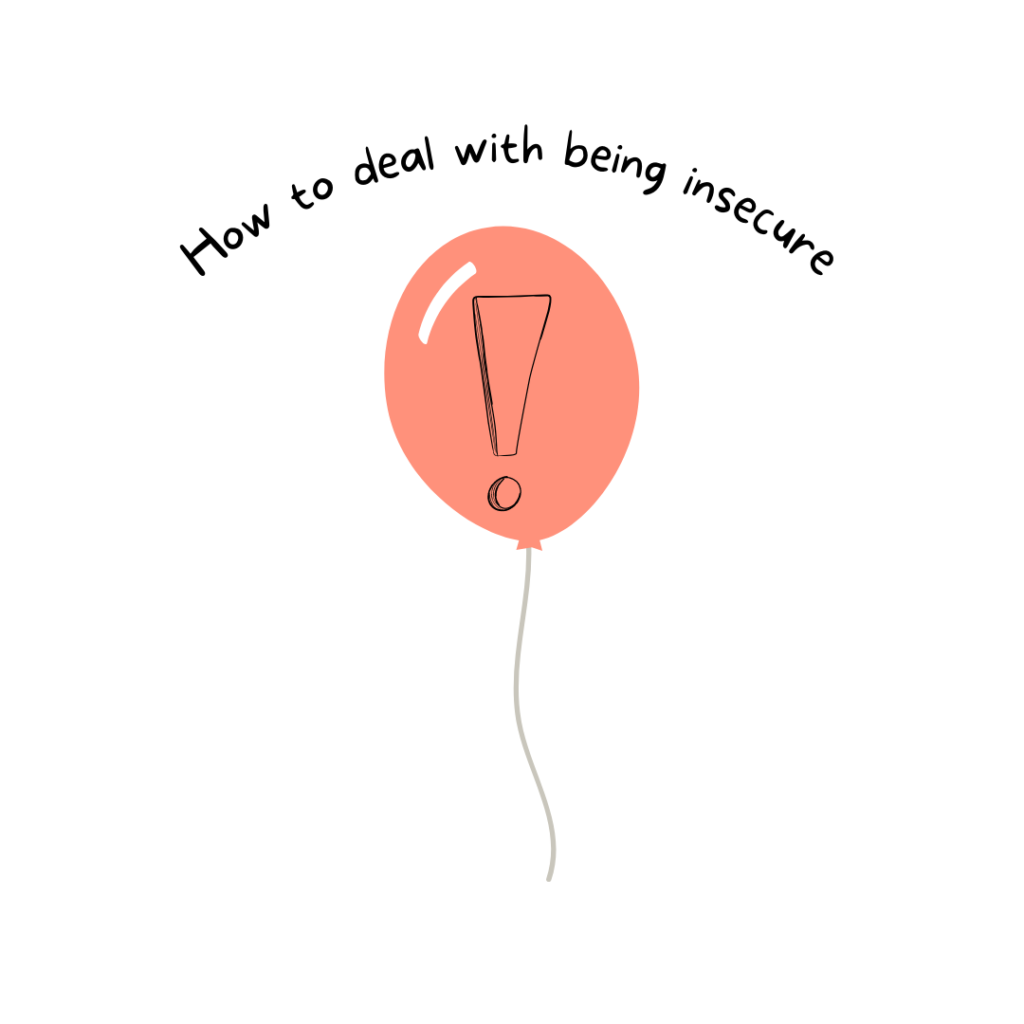It’s normal to feel insecure from time to time, such as before a first date or an important job interview. But if you find that uncertainty is taking over your daily life, you may have deep-seated insecurities that need to be addressed in order to live your life happily and fully.
Here are eight signs you’re insecure and five ways to feel more confident.
1. You don’t feel good enough
One of the main signs of insecurity is feeling inadequate, meaning you’re not good enough. This can stem from negative experiences such as childhood neglect, bullying, critical partners, or even high societal expectations. These kinds of experiences, where people feel powerless and criticized, influence how people judge themselves and their skills, and that’s often too harsh and leads to embarrassment or insecurity.
2. You are a perfectionist
Insecure people are often perfectionists, who strive for perfection to feel more confident. But perfectionism can lead to an unhealthy level of self-criticism and a need for control, which leaves you feeling constantly let down and burned out.
3. You are envious or jealous
If you’re insecure and not feeling enough, you can feel threatened by others and that leads to feelings of jealousy. That’s because insecure people tend to compare themselves to others instead of relying on themselves.
4. You are hard and self-critical
Whether your insecurity stems from something that happened in childhood or whether you developed it as an adult, it can manifest as harsh self-criticism. You may motivate yourself with this self-criticism or by blaming yourself or even punishing yourself, but this approach makes you feel even more insecure in the long run.
5. You adapt to your environment
You’re a social chameleon. For example, you adapt your way of talking, gestures, and preferences to those of your environment because you are not sure who you really are and whether people will like the real you. You can juggle different personalities, depending on the context you are in and the people around you. But this takes a lot of energy and is therefore unsustainable in the long term.
6. You are afraid of being rejected or abandoned
Insecure people are constantly looking for confirmation n relationships from their partner or for signs that the relationship is not going well and that the other person is unhappy with them. This can lead to you taking everything personally, misinterpreting your partner’s behavior or statements, or acting irrationally. That can break up a relationship because the insecure person is overly demanding, critical, or clingy and fights over fictitious issues.
7. You’re sabotaging yourself
Insecure people often fear rejection and sabotage themselves as a result. Here are some examples:
- Procrastination on a project because you are afraid of failing despite your best efforts.
- Acting cold or distant towards a partner because you are not sure how they feel about you.
- Not daring to ask for a promotion at work because you don’t think you deserve it.
- Eating or drinking out of emotion because you don’t feel you deserve to be taken care of.
8. You don’t show people your “messy” side
Nobody is perfect and everyone has flaws. But if you’re insecure, you may be afraid to show others those traits or weaknesses. You may have learned in your childhood that you receive love when you meet the perfect all-in-one picture. This can make it difficult for you to be vulnerable and show people that you too make mistakes or sometimes feel sad.
What to do about uncertainty?
Overcoming your insecurities and feeling more confident isn’t easy, but it’s possible with hard work. Here are five tips to boost your confidence:
1. Talk to a coach
One of the best things you can do for yourself is to talk to a coach who can help you understand the things you feel insecure about. Through coaching, people can build skills that increase their self-confidence, improve their relationships, and better manage their feelings. There are several types of coaching tools that can help address uncertainty. For instance, the Uncertainty Wheel framework is a wonderful tool that teaches specific skills that focus on learning to set boundaries, dare to be vulnerable, and be able to resolve conflicts in a safe way.
2. Be kind to yourself
If you’re insecure, chances are you often criticize yourself. Therefore it is advisable to take a moment every day to be aware of the things you are critical of. For example, is it your appearance, career, or relationship? The next time you find yourself self-critical, try to compensate by addressing yourself sincerely, and lovingly. Don’t forget to have compassion for yourself.
3. Learn to understand your thoughts
A common part of coaching is understanding the connection between your thoughts, feelings, and behavior. You can learn to redirect your negative thought patterns that lead to insecurity. It would help if you dared to question your own thoughts and beliefs. This way you can cognitively restructure unhealthy thinking patterns. Over time, you quickly learn to recognize unhealthy thought patterns and replace them with positive opinions about yourself.
4. Be your own loving parent
If your insecurity stems from childhood, it can help to imagine that your little self is still inside you. How would you talk to yourself as a kid and treat yourself with love and affection? Close your eyes and imagine telling that little child that it is safe with you. That you will protect him or her and that you love him or her. This comes from attachment theory, which states that the way we behave in a relationship is largely determined by our childhood. This is especially relevant if you had distant or unpredictable parents or caregivers.
5. Focus on progress, not perfection
Aim for realistic and achievable goals, keeping in mind that total perfection does not exist. Focus on progress and celebrate each step forward so that you can better appreciate your achievements. Ultimately, that will lead to increased productivity and motivation.

